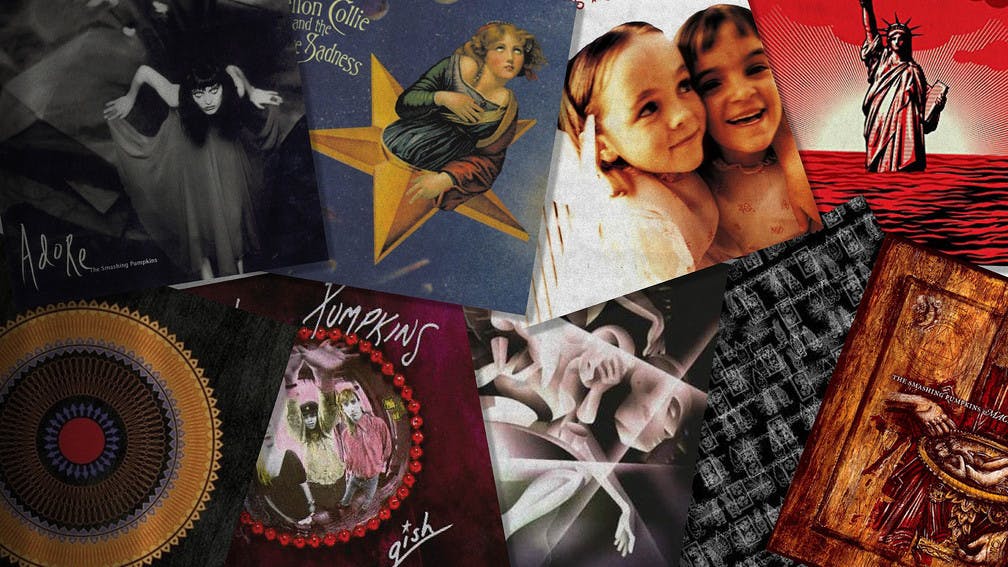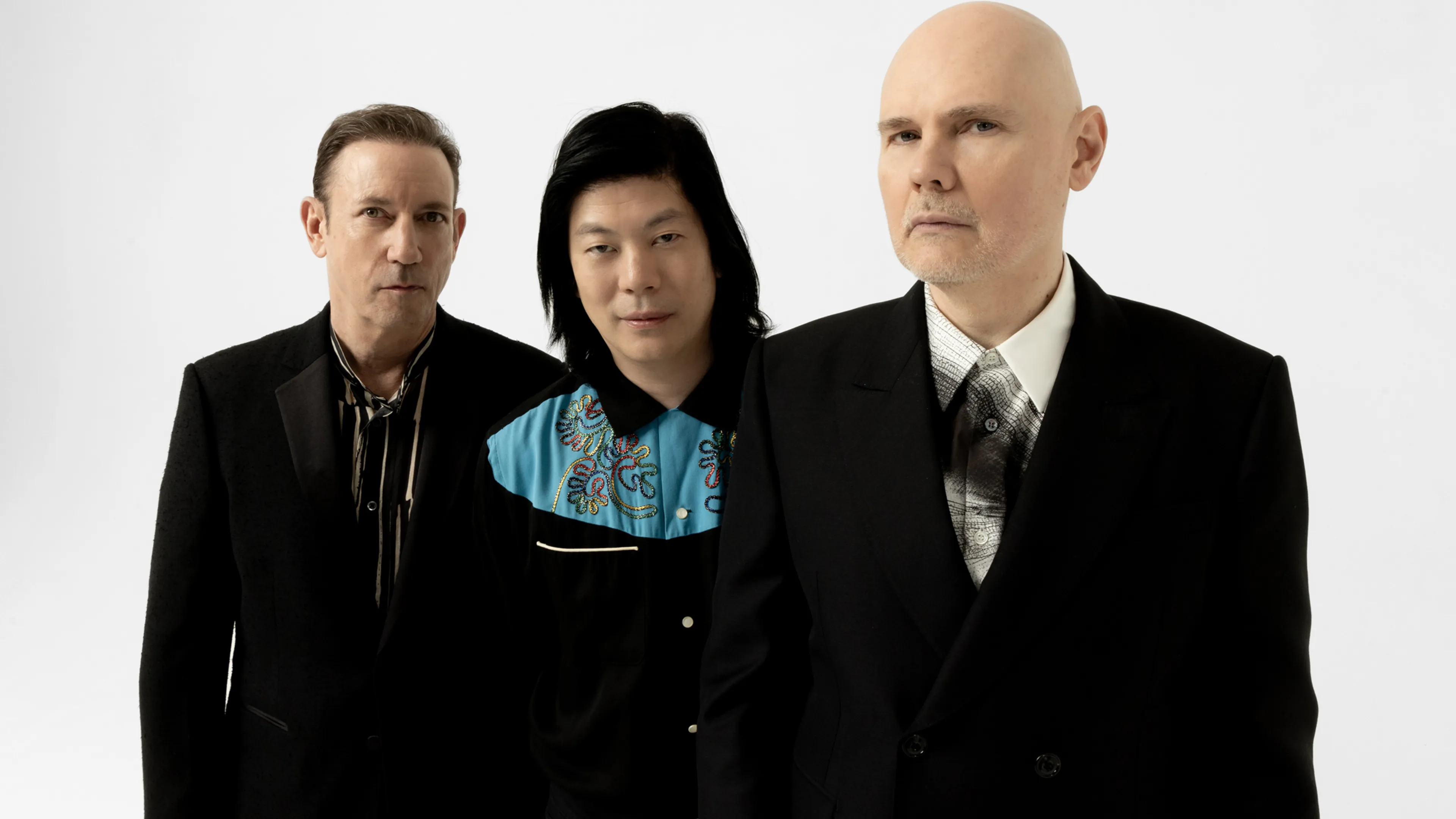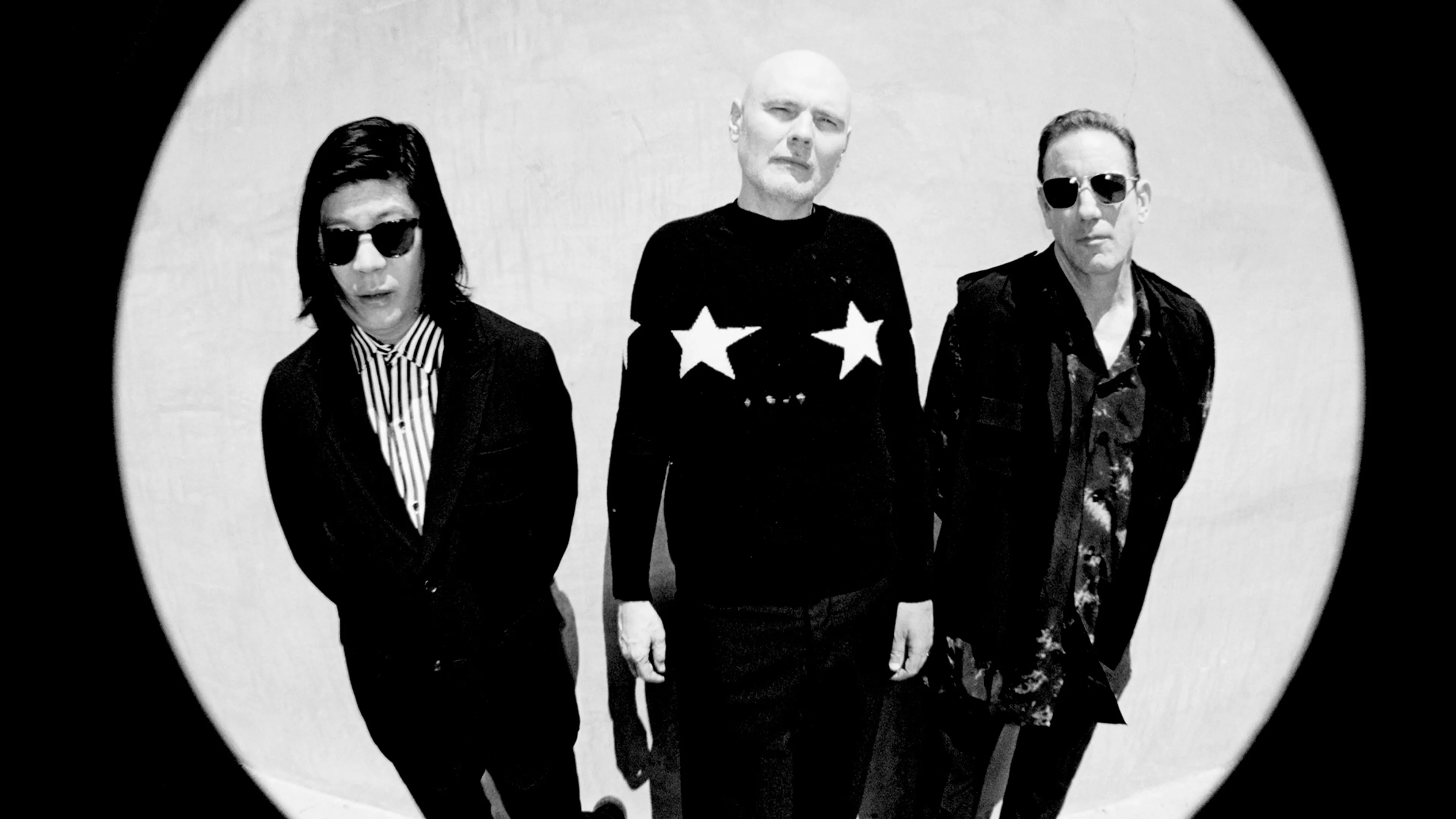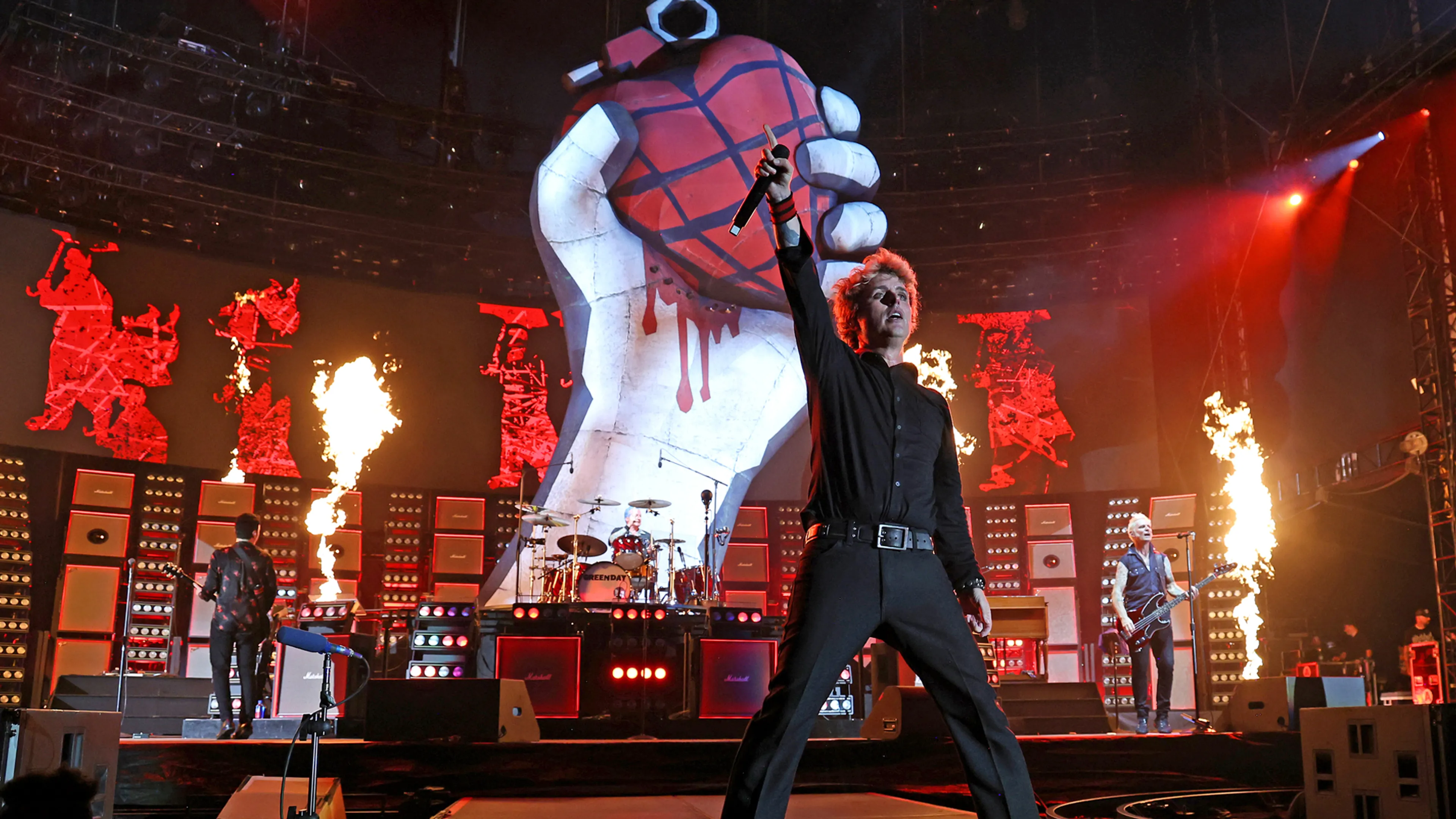Excluding, of course, their seminal work in the ’90s, The Smashing Pumpkins’ discography is not always a catalogue that gets the respect it deserves – there are records that have either been massively slept on, dismissed or even loathed at the time of their release. While this has often been a source of ire for frontman Billy Corgan in the past, he told Kerrang! that, in the long run, he believes their full body of work will get the credit its due.
“I’m confident over time we’ll be just fine,” he said. “Because the work, accomplishment and influence is there, even if we don’t have the critics following us around, waiting for the next morsel to drop out of my ass.”
He’s right, too, theirs is a legacy that’s built to last. So, tonight, tonight, (or morning, morning/afternoon, afternoon, depending on when you’re reading), let’s take a look back in time and rank their albums in order of greatness…







